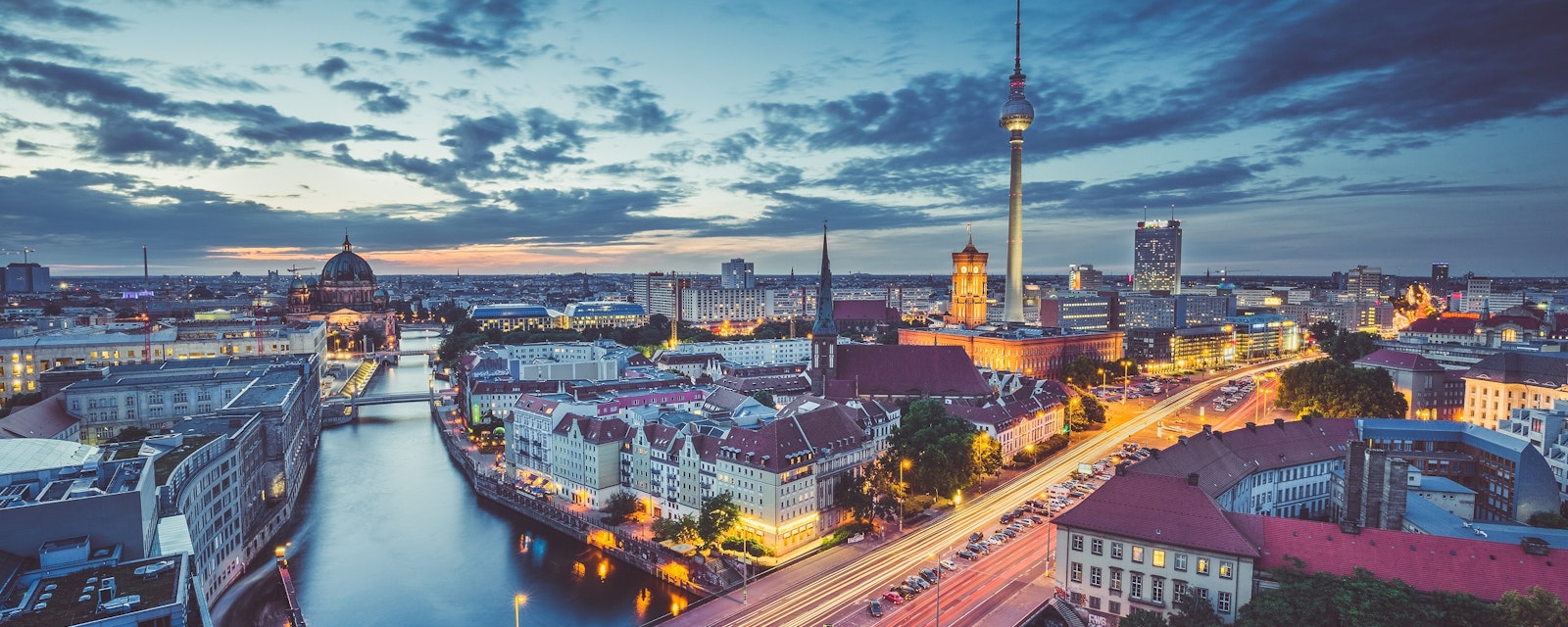Chancellor Olaf Scholz is under growing pressure from within his coalition and beyond on Berlin’s positioning towards the ongoing war in Ukraine. Sanctions and arms supplies are the two immediate topics of contestation, and moral outrage will continue pressuring Berlin towards a tougher stance over time. The longer-term question also in play is Berlin’s leeway in any negotiations with Moscow which might be required to freeze the conflict eventually.
On arms supplies, non-cabinet politicians of the Greens and the Liberals (FDP) are calling on Scholz to commit clearly to sending heavy weapons. As discussed since the beginning of the war, respective requests are not primarily driven by military technical considerations. For instance, questions remain over the time needed for Ukrainian soldiers to be trained on German tanks, and regarding the availability of these armored vehicles in the first place. After decades of underinvestment, up to 100 tanks of the type desired by Ukraine have apparently been parked under open skies after decommissioning, while many models still in service effectively serve as spare parts providers to the ultimately small portion of vehicles that are truly operational. Senior military officers have warned of the effects on Germany’s own capabilities, not least given greater commitments on NATO’s Eastern flank.
Respective considerations have given Scholz some cover for his careful approach, but the pressure is mounting. The single most important driver for this pressure remains the moral outrage at Russia’s war – and a related sense of German culpability given its energy ties to Moscow. Therefore, the longer (and the more brutal) the Russian attack on Ukraine, the greater the prospect of Scholz giving in and Berlin ultimately supplying some heavy weaponry. A key signpost to watch will be the exact composition of US deliveries to Ukraine. Scholz has pleaded on an iron law of German foreign policy – never act alone, i.e., without at least France and/or the US – and designated Washington’s deliveries as a key yard stick. In this way, he has already outlined a pathway towards an eventual change of course. Indeed, the government is reportedy already preparing to provide German tanks to Slovenia, enabling it to pass on Soviet vehicles to Ukraine.
Ukrainian Campaigning
The public mix of outrage and guilt is being further supported by the Ukrainian president and his outspoken ambassador in Berlin, Andriy Melnyk. Via their mastery of social media campaigns, Kiev is speaking directly to those German constituencies most supportive of Ukraine’s cause, ensuring their ongoing political mobilization. This involves Green voters who are the strongest supporters of sending heavy weaponry, but around two thirds of the voters of the Social Democrats (SPD), the FDP and the Christian alliance (CDU/CSU) are also in favor. The main divide is between West Germany and the formerly communist East where support is lower.
If moral outrage is the key driver, it is realistic and prudent for all sides of the debate to assume that public sentiment might evolve over time if the conflict intensifies or freezes. For Scholz, apart from a military escalation, the main risk is that some of those currently horrified by the war will be criticizing his government’s economic record as sanctions drive energy prices even higher. Another consideration might be that an agreement with Moscow will eventually be required, for which some form of German brokerage will, in all likelihood, be central. Ahead of this, Ukrainian campaigning in Germany seems intended to lock in Berlin’s position as much as possible. Efforts to publicly shame Scholz, his predecessor Angela Merkel and her then-foreign secretary, current Federal President Frank-Walter Steinmeier, might ensure that a Minsk-style agreement – which Kiev had its fair share in undermining since Merkel negotiated it in 2015 – cannot be reached again.
In the longer game to refocus German policy, Ukraine’s diplomatic affronts against Steinmeier have been important, dis-inviting him from Kiev and accusing him of having woven a pro-Russian “spider’s web”. Only former SPD leader Sigmar Gabriel has so far pushed back, warning of using the language of conspiracy theorists and highlighting that Steinmeier had negotiated the effective ousting of Ukraine’s pro-Russian president in 2014. A key signpost to watch is for how long Ukraine’s current hawkish approach to direct political campaigning in Germany will be accepted by a majority of voters receptive to the guilt narrative around the Nord Stream pipelines.
Near-Term Signposts
Communicatively more elaborate than Scholz, Energy Secretary Robert Habeck’s (Greens) similarly careful positioning on energy sanctions reflects the bet that only a more moderate stance will gain support at the political center closer to the 2025 election. This makes it crucial for the advocates of a fundamental German policy shift to break as many remaining German-Russian ties as possible now – ideally by a full energy embargo – and to set new precedents for German military involvement via heavy weapons deliveries. This is also the context in which the current campaign against the SPD’s Manuela Schwesig, leader of a regional state that would have benefitted economically from Nord Stream 2, should be seen. Consequently, it should be watched whether this at all affects the SPD in the upcoming elections in two other regional states on 8 and 15 May.
Already as of next week, Scholz will have to start the process of getting his plans for greater defense spending through the Bundestag. This requires a two-thirds majority. It is not clear that the opposition CDU/CSU will simply vote with the government, given the risk of defections among what is left of the SPD’s pacificist wing – and amid concerns that inflation will cancel much of the initially envisaged increase in spending. It cannot be ruled out that Scholz will eventually revert to linking the vote to a confidence vote to discipline his own MPs.





